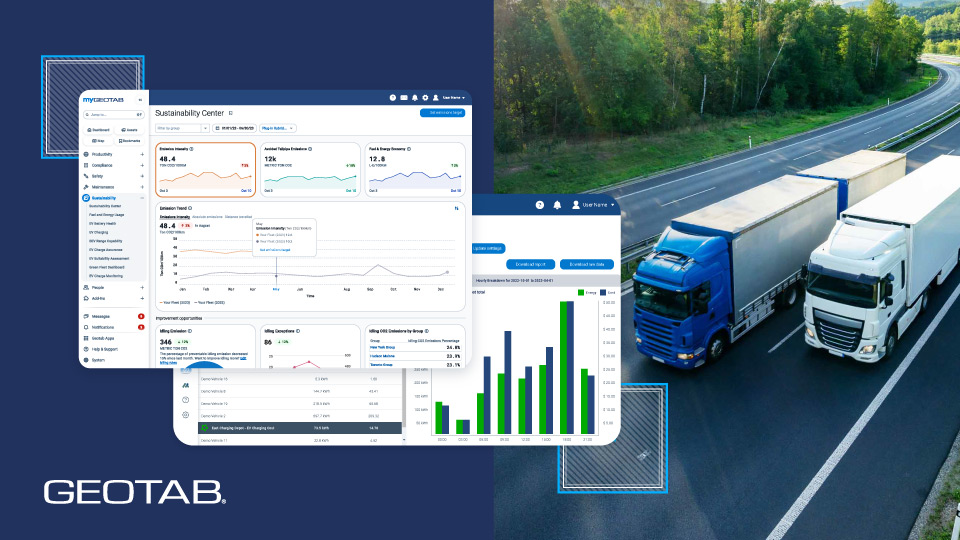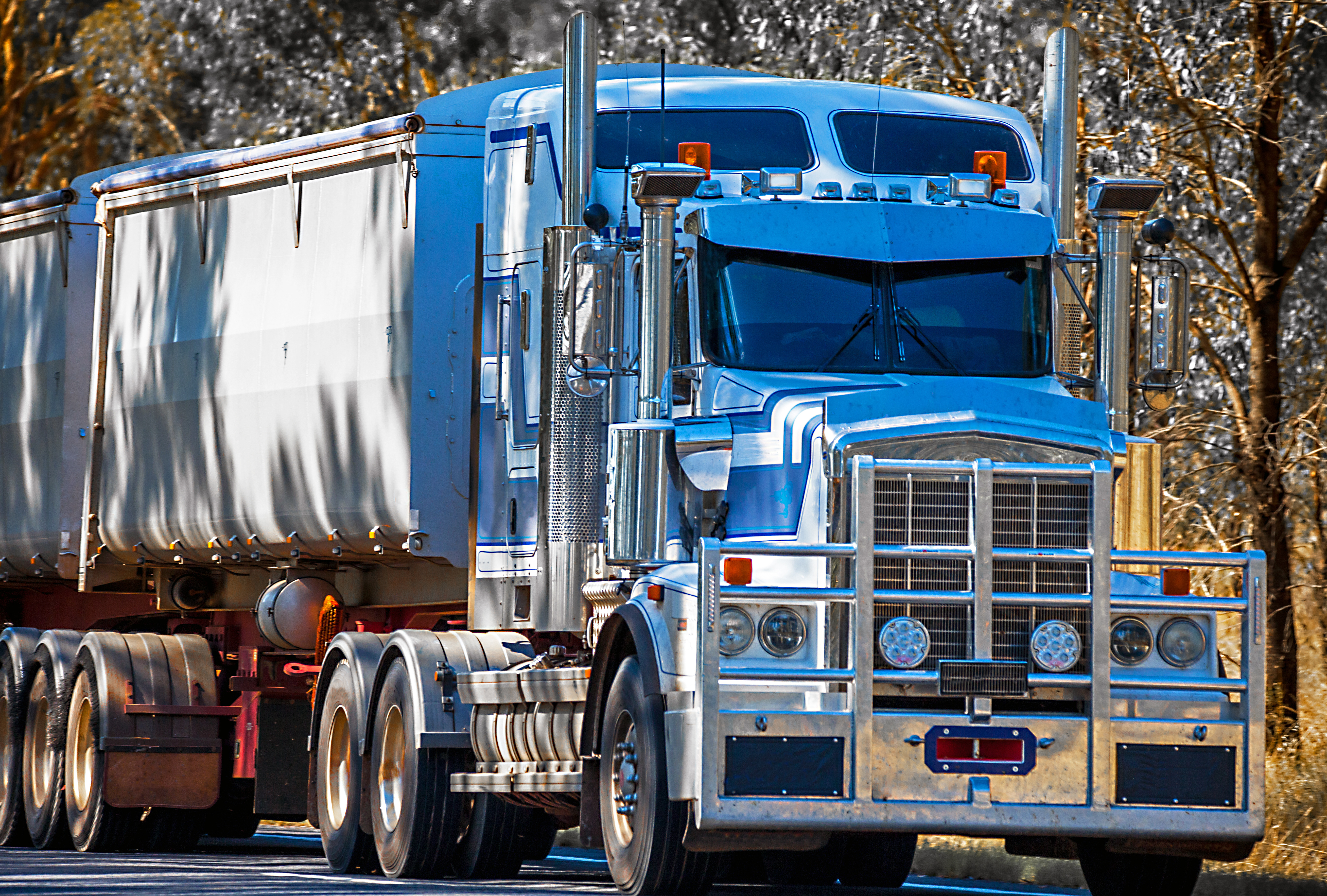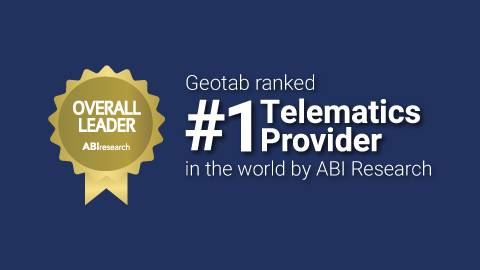
Geotab teams up with EROAD to provide affordable solutions to fleet managers
Published on October 28, 2024

SYDNEY, 29th October 2024: Global telematics leader Geotab has teamed up with New Zealand-based EROAD to provide powerful and affordable fleet management solutions for businesses across Australia and New Zealand.
The partnership’s first initiative is the launch of EROAD Locate, a simple and cost-effective telematics solution for light commercial vehicles. This product will be introduced in New Zealand and Australia, targeting fleet operators who need a straightforward solution to track and manage their vehicles efficiently.
“Fleet managers across Australia and New Zealand now have an appealing and affordable option for light commercial vehicle fleets, allowing more businesses to access the benefits of telematics. This partnership will continue to deliver fantastic solutions for fleets with complex needs,” said David Brown, Associate Vice President for Geotab APAC.
This collaboration brings together the strengths of both companies, unlocking new opportunities in the light commercial vehicle sector by integrating Geotab’s affordable hardware with EROAD’s advanced fleet management platform.
“We’re always looking for ways to help our customers operate safer, more efficient and sustainable fleets,” said EROAD Co-CEO Mark Heine. “This partnership with Geotab accelerates our ability to deliver a low-cost, high-quality solution that meets the needs of a wider range of fleets, especially those that have been priced out of telematics solutions in the past.”
Geotab’s partnership with EROAD — which is one of the largest telematics providers across the Australia and New Zealand markets — will empower more customers with enterprise-grade solutions to help them manage complex transport and regulatory challenges. Geotab has over 4M connected vehicles globally and strong OEM relationships, which will enable EROAD to provide a broader range of solutions to meet the diverse needs of its customers.
The global telematics market is growing at an annual rate of around 12-16%, with significant potential in both New Zealand and Australia. It is estimated that the light commercial vehicle fleet size is around 800,000 in New Zealand and 4m in Australia. However, EROAD’s research indicates that only 48% of these fleets currently use telematics, revealing a substantial opportunity for growth in this space.
This partnership will enable both companies to drive future growth and continue innovating within the fleet management space, delivering greater value to its customers and expanding our footprint across the region.
Media Contact
Nicole Riddle
Senior Specialist, Strategic Communications
pr@geotab.com
About Geotab
Geotab is a global leader in connected vehicle and asset solutions, helping fleets boost their efficiency and management. We use advanced data analytics and AI to transform fleet performance, safety, and sustainability, reducing costs and driving efficiency. Supported by top data scientists and engineers, we serve over 55,000 customers worldwide, processing 80 billion data points daily from more than 4.7 million vehicle subscriptions. Geotab is trusted by Fortune 500 companies, mid-sized fleets, and the biggest public sector fleets globally, including the US Federal Government. Committed to data security and privacy, we hold FIPS 140-3 and FedRAMP authorisations. Our open platform, network of excellent partners, and Marketplace deliver hundreds of ready-to-go third-party solutions for fleets. This year, we're celebrating 25 years of innovation. Find out more at www.geotab.com/au, and follow us on LinkedIn or visit our blog.
Related posts
.jpg)
Driver Risk Insights in Geotab Safety Center Help Fleets Prevent Collisions
February 26, 2025

Geotab Announces Sustainability Center and EV Charge Monitoring for Improved Fleet Efficiency and Energy Cost Control
February 26, 2025

Geotab Launches New Marketplace Solutions for Heavy Transport Fleet Management
February 17, 2025
Recent News

Geotab Releases 2024 Sustainability and Impact Report: Profitable Sustainability
March 26, 2025

ABI Research Ranks Geotab #1 Global Commercial Telematics Vendor for Fourth Consecutive Year
February 27, 2025
.jpg)
Driver Risk Insights in Geotab Safety Center Help Fleets Prevent Collisions
February 26, 2025

Geotab Announces Sustainability Center and EV Charge Monitoring for Improved Fleet Efficiency and Energy Cost Control
February 26, 2025
